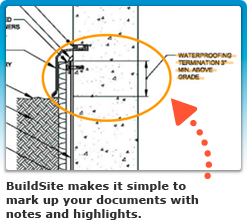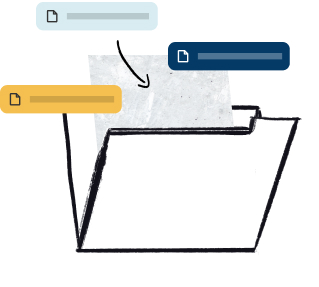Significance and Use
This test method provides a means for comparing the relative shrinkage or expansion of cementitious mixtures. It is particularly applicable to grouting, patching, and form-filling operations where the objective is to completely fill a cavity or other defined space with a freshly mixed cementitious mixture that will continue to fill the same space at time of hardening. It would be appropriate to use this test method as a basis for prescribing mixtures having restricted or specified volume change before the mixture becomes hard.
This test method can be used for research purposes to provide information on volume changes taking place in cementitious mixtures between the time just after mixing and the time of hardening. However, the specimen used in this test method is not completely unrestrained so that the measurements are primarily useful for comparative purposes rather than as absolute values. Further, the degree of restraint to which the specimen is subjected varies with the viscosity and degree of hardening of the mixture.</p
1. Scope
1.1 This test method covers the determination of change in height of cylindrical specimens from the time of molding until the mixture is hard.
1.2 This test method covers height change measurements at early ages for cementitious mixtures of paste, grout, mortar, and concrete.
1.3 This test method is intended for determination of changes in height that occur from the time of placement until the specimen is fully hard. These include shrinkage or expansion due to hydration, settlement, evaporation, and other physical and chemical effects.
1.4 The values stated in either SI units or inch-pound units are to be regarded separately as standard. The values stated in each system may not be exact equivalents; therefore, each system shall be used independently of the other. Combining values from the two systems may result in non-conformance with the standard.
1.5 This standard does not purport to address all of the safety concerns, if any, associated with its use. It is the responsibility of the user of this standard to establish appropriate safety and health practices and determine the applicability of regulatory limitations prior to use.
1.6 The text of this test method references notes and footnotes that provide explanatory information. These notes and footnotes shall not be considered as requirements of the test method.
Reproduced, with permission, from the ASTM International website, copyright ASTM International, 100 Barr Harbor Drive, West Conshohocken, PA 19428. To purchase the complete standard, go to http://www.astm.org/.






